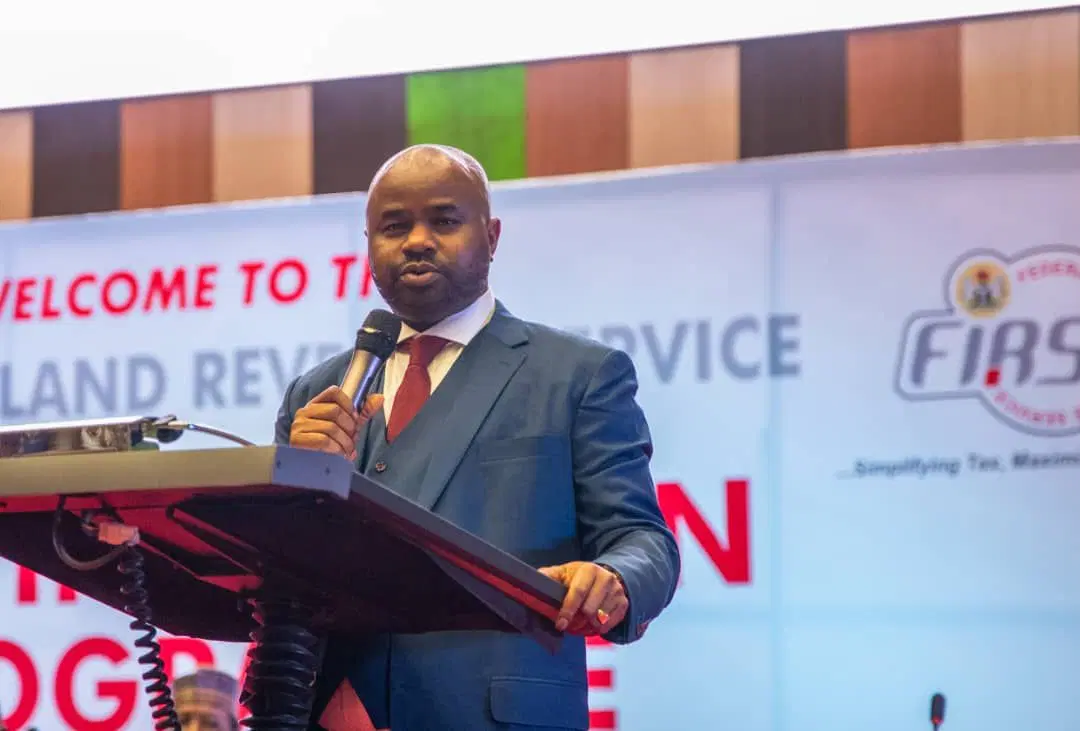The Federal Inland Revenue Service (FIRS) has announced a significant policy shift aimed at encouraging voluntary tax compliance through the use of advanced technology and streamlined procedures.
Under the leadership of its Executive Chairman, Dr. Zacch Adedeji, the agency is transitioning from a largely audit-driven enforcement model to a forward-thinking approach that emphasizes transparency, efficiency, and taxpayer cooperation.
Speaking on the development, Mr. Collins Omokaro, Special Adviser on Communications and Advocacy at the FIRS, said the new strategy is designed to strengthen Nigeria’s internally generated revenue base while reducing dependence on loans and external funding.

“Audits remain essential, but they are inherently backward-looking. What we’re doing now is building a system that identifies and prevents errors before they occur,” Omokaro said.
The new direction prioritizes predictive and preventive technologies to manage risks and improve engagement with both staff and taxpayers. According to Omokaro, the goal is to create an environment where tax compliance is intuitive and less burdensome.
“Technology enables us to move from reactive enforcement to proactive support. Our focus is not just on enforcement but also on enabling compliance,” he added.
To support this transformation, the FIRS is also investing in taxpayer education and staff capacity-building, ensuring that both parties understand their responsibilities in a system guided by ethical standards and clear procedures.
The initiative aligns with the federal government’s broader fiscal agenda aimed at stabilizing the economy and promoting inclusive growth.
“The future of tax administration lies in consistent, tech-driven compliance, supported by strong processes and a shared sense of purpose,” Omokaro noted.
With this shift, the FIRS aims to build a resilient, future-ready institution that not only collects revenue more efficiently but does so in a way that is fair and empowering to Nigerians.




